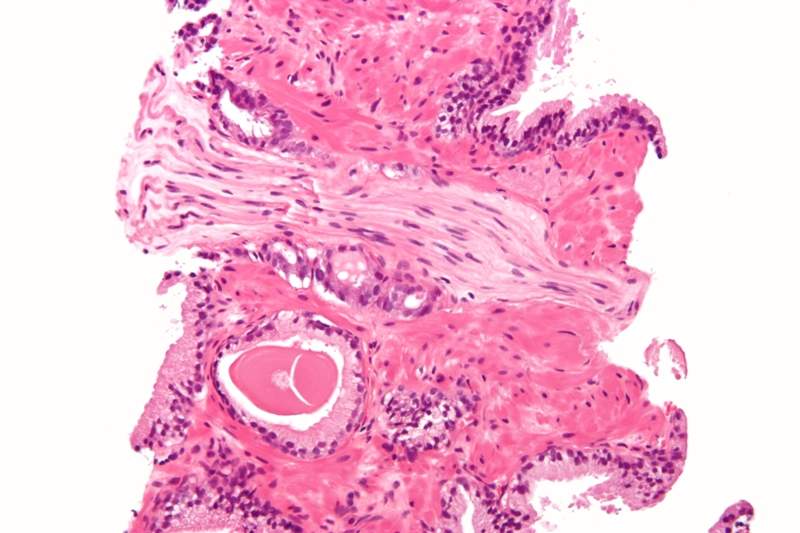
Panacea Pharmaceuticals has completed enrolling patients in a Phase l clinical trial to evaluate the safety and immunogenicity of PAN-301-1 to treat patients with persistent prostate cancer.
The trial is an open-label, parallel-designed, multi-centre study, with enrolment of 12 patients.

Discover B2B Marketing That Performs
Combine business intelligence and editorial excellence to reach engaged professionals across 36 leading media platforms.
As part of the trial, PAN-301-1 is provided via intradermal injection in patients with biochemically relapsed prostate cancer using a fixed dose-escalation schema every 21 days to set up the recommended Phase ll dose.
Each patient is administered with a minimum of three doses of PAN-301-1, which is a nanoparticle immunotherapy vaccine candidate targeting human aspartyl (asparaginyl) β-hydroxylase (HAAH) or aspartate β-hydroxylase (ASPH).
The trial is expected to conclude in the first half of this year.
Panacea Pharmaceuticals chief operating officer Steven A Fuller said: “The vaccine has been well-tolerated by patients, with over 90 doses having been administered to the 12 subjects.

US Tariffs are shifting - will you react or anticipate?
Don’t let policy changes catch you off guard. Stay proactive with real-time data and expert analysis.
By GlobalData“Based on these results, we are in the planning stages of Phase ll clinical studies to be initiated in the second half of 2018.”
In addition, initial safety and immunogenicity data in thePhase l trial has shown that PAN-301-1 has been well-tolerated with a highly favourable safety profile across all dose levels.
So far, the study has not observed any drug-related adverse events or dose-limiting toxicities at any of the three vaccine dose levels evaluated.
All the study subjects have reportedly experienced dose-dependent HAAH-specific immune responses, including antibody levels in immunoassays and B-cell and T-cell responses.
Furthermore, a majority of subjects treated beyond three months have reduced their prostate-specific antigen (PSA) doubling rate and are currently receiving continued PAN-301-1 doses at the study investigator’s discretion.





